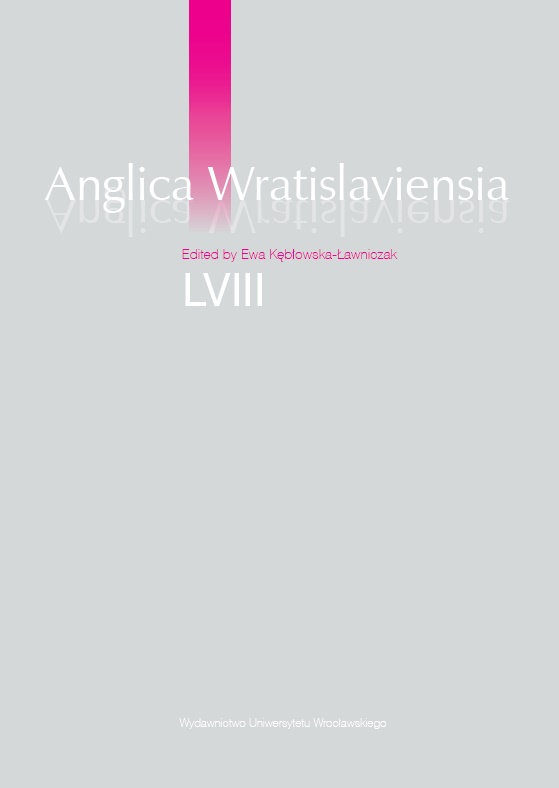

Applied Linguistics

This paper touches upon the theme of the certified interpreter’s psycho-affectivity, a construct studied within a branch of interpreting studies known as interpreter psychology, or more precisely, within its psycho-affective strand. What also lays the groundwork for the presentation of the outcomes of the investigation into the certified interpreters’ experience of the psycho-affective factors is an overview of certified interpreting. The major part of this paper is dedicated to the discussion of the results of a survey carried out among Polish-English certified interpreters who interpret consecutively in the courtroom. Seven factors experienced by study participants (i.e. anxiety, fear, language inhibition/language ego/language boundaries, extroversion/introversion/ambiversion, self-esteem, motivation and stress) are discussed. The discussion is supplemented with a selection of quotes taken from the certified interpreters’ responses, in which they directly or indirectly refer to the selected psycho-affective factors and their impact on the interpreting process and the output rendered. All in all, it emerges that, in quite a number of cases, in the respondents’ opinions, the psycho-affective factors under consideration are of a more negative than positive character, thereby disrupting the process of consecutive interpreting in the courtroom.